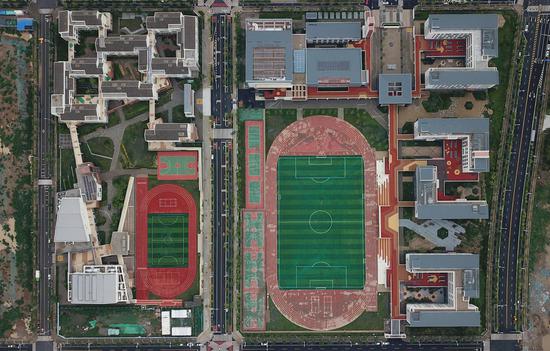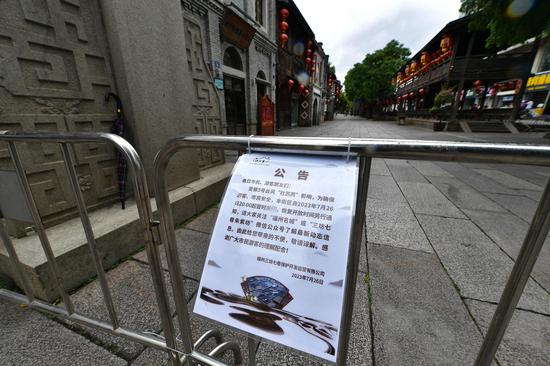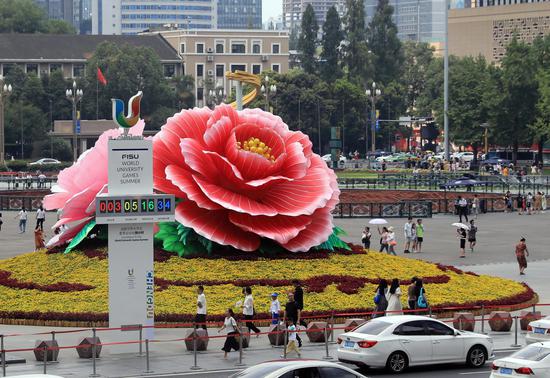China's top economic regulator, along with several ministries and departments, rolled out on Tuesday a series of 28 detailed measures to tackle prominent problems facing private enterprises. The measures include cutting red tape to facilitate the enterprises' participation in major national science and technology projects.
The move came just two weeks after the country unveiled a general guideline in July to drive its private sector. Industry experts and company executives said the new measures are "pragmatic" and demonstrate the country's strong determination in implementing policies to shore up the private economy.
According to the National Development and Reform Commission, private capital will be encouraged to participate in major national projects that are profitable and mature, and to issue real estate investment trust products for infrastructure projects.
"Green light" invest-ment cases will also be published continuously to drive the sound development of the platform economy, the commission said. "Green light" investment refers to deals involving new technologies and services that can help empower the real economy.
The new measures primarily cover five key aspects — promoting fair market access, offering stronger financial support, boosting legal guarantees, optimizing services and creating a sound atmosphere for private companies.
Liu Shangxi, president of the Chinese Academy of Fiscal Sciences, said the guideline released in July is of vital importance, but what matters more is how the policies are implemented and turned into real measures in order to offer private entrepreneurs a long-term "reassurance pill".
"The launch of detailed rules and the involvement of different ministries and departments are expected to ... really boost the confidence of private entrepreneurs. The rules will further drive growth of the private economy amid rising economic uncertainties," Liu said.
The private sector has been a key driver of the nation's economic growth and innovative development. Private enterprises contribute about 70 percent of technological innovation, according to the Ministry of Industry and Information Technology.
The new measures pledge support for private enterprises in taking the lead in science and technology projects for more breakthroughs.
Su Meng, chairman and CEO of Beijing Percent Technology Group Co, a leading private provider of data science, said that eligibility criteria for companies to take on big national projects used to be relatively high. "Many private enterprises usually found it hard to meet all the eligibility requirements," he said.
Su said that with the latest efforts being more pragmatic, private enterprises are expected to have more opportunities to shoulder major national science and technology projects and make more innovations.
"These efforts will allow the private and public sectors to cooperate on multiple levels, including investing in joint ventures and joint laboratories, which will further accelerate technological breakthroughs and innovations," he added.
China will extend supportive tools on inclusive loans for micro and small enterprises until the end of 2024, and private companies will enjoy an easier process of tax reductions for cross-border business.
Wang Shancheng, a senior NDRC official, said the new measures specify ministries responsible for each task, so that private enterprises know whom to turn to when encountering problems. "The measures are focused on solving major problems. ... The objective is to make them practical and effective, in order to turn the expectations of private entrepreneurs into tangible results," he added.


















































 京公网安备 11010202009201号
京公网安备 11010202009201号